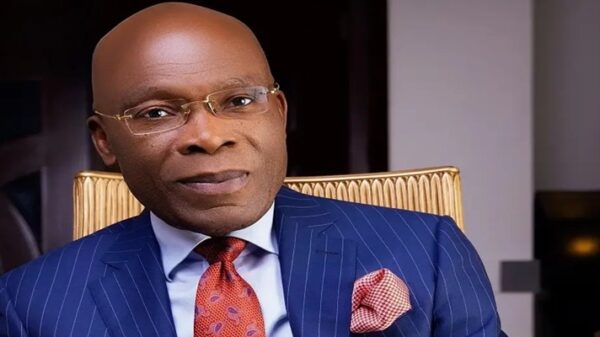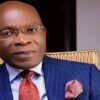Central Bank of Nigeria has set new capital requirements for payment firms in the country.
The regulatory authority disclosed the capital requirements in a circular on Monday titled ‘New license requirements for the payments system’.
The CBN stated that to have a Payment Terminal Service Provider licence, a firm would be required to have N100million shareholders’ funds unimpaired by losses.
It retained super agent’s licence at N50million; Switching and Processing firm’s licence at N2billion; Mobile Money Operator’s licence at N2bn; Payment Solution Services at N250millio and Payment Solution Service Provider at N100million.
The CBN specified non-refundable application fee of N100, 000 via the licensing fees.
According to the capital requirements, the payment firms must have an escrow of refundable N2billion into CBN PSP share capital deposit account.
It stated that the deposit for escrow must be in full (one lump sum) and must be made in the name of the company applying for licence (not an individual or related company).
The apex bank stated that escrowed funds were invested in treasury bills, subject to availability of treasury instruments, which would be refunded accordingly.
![]()





























































